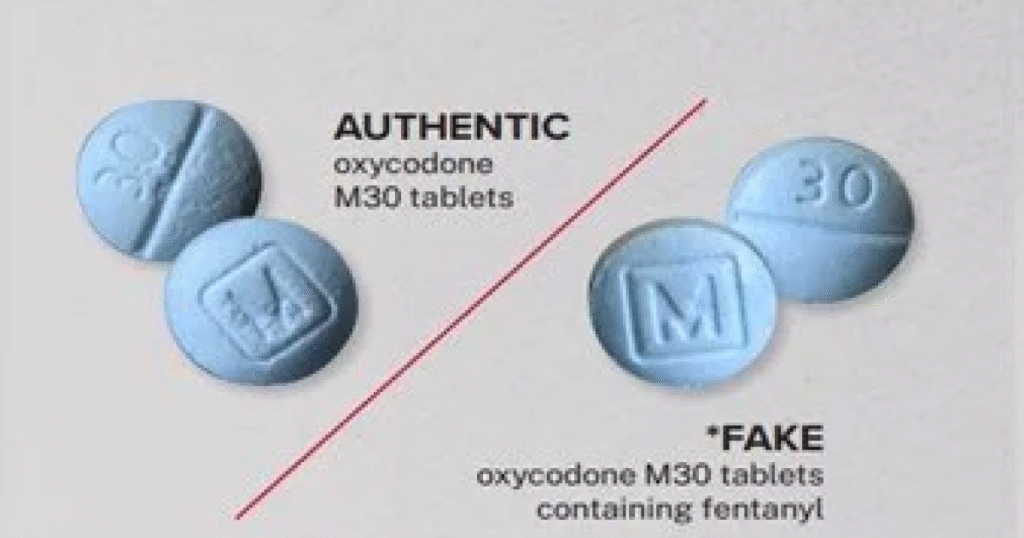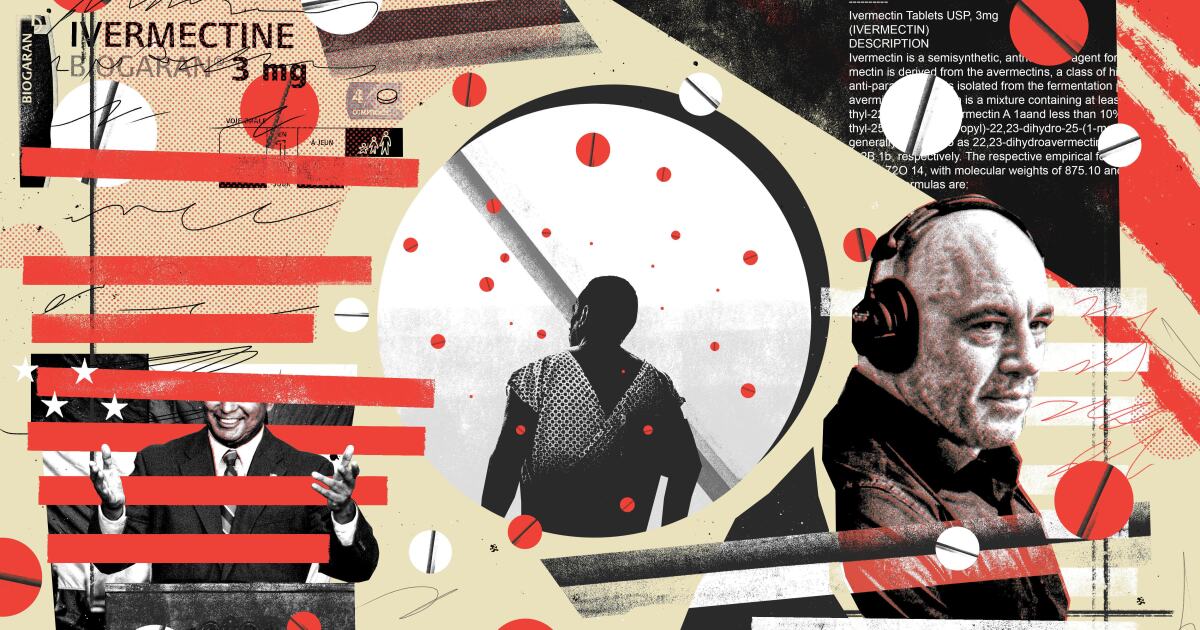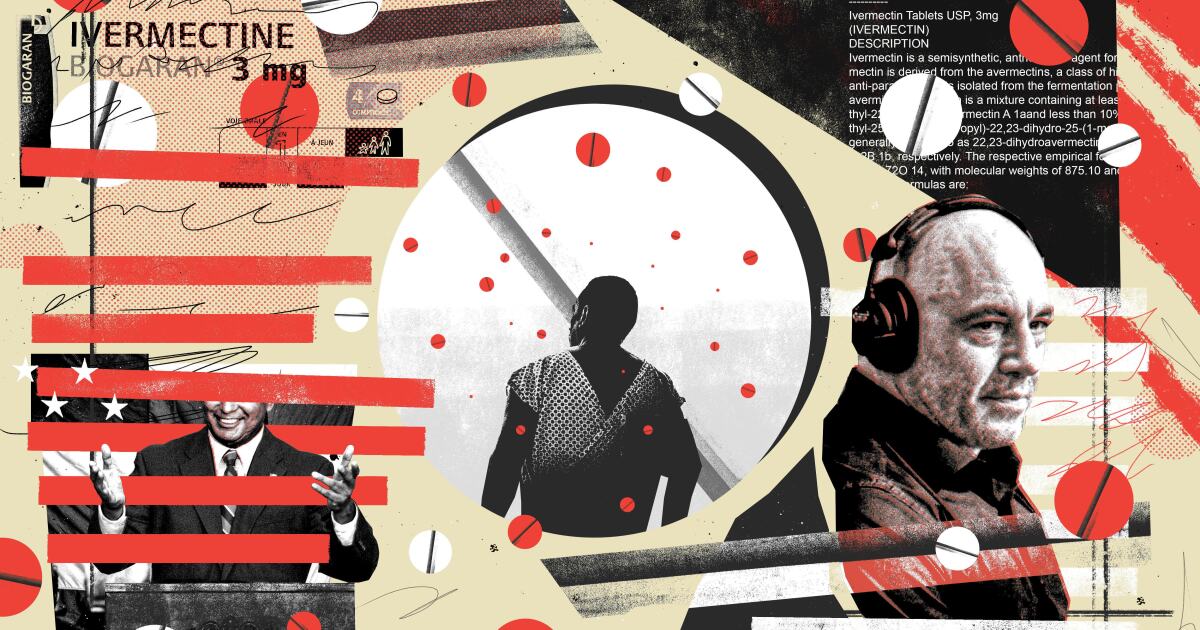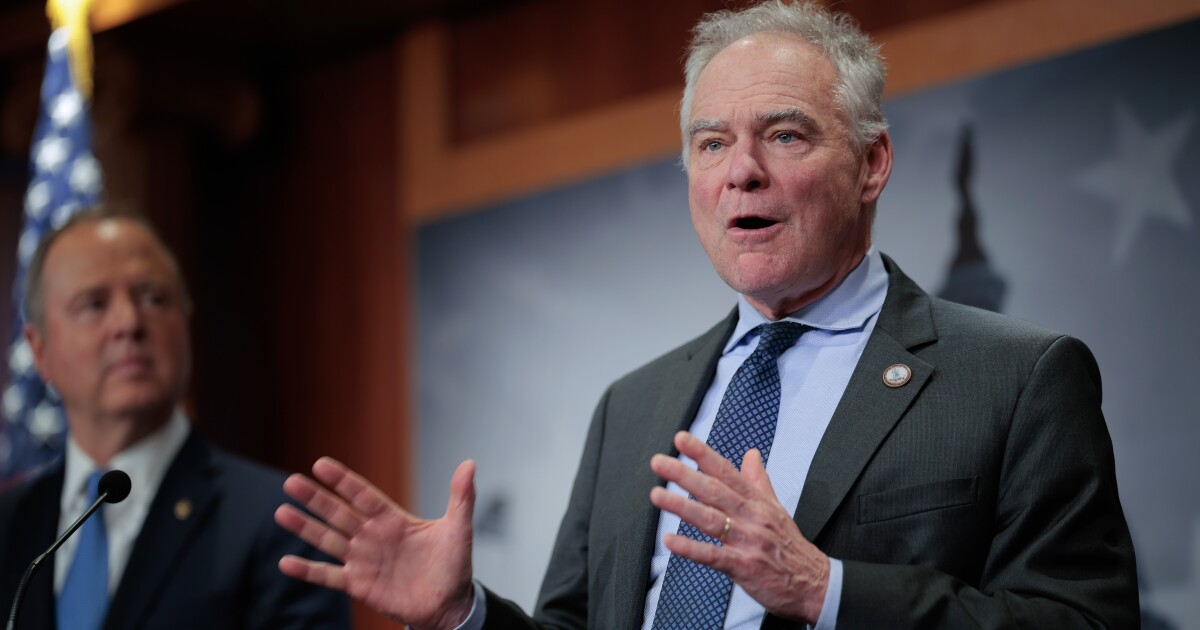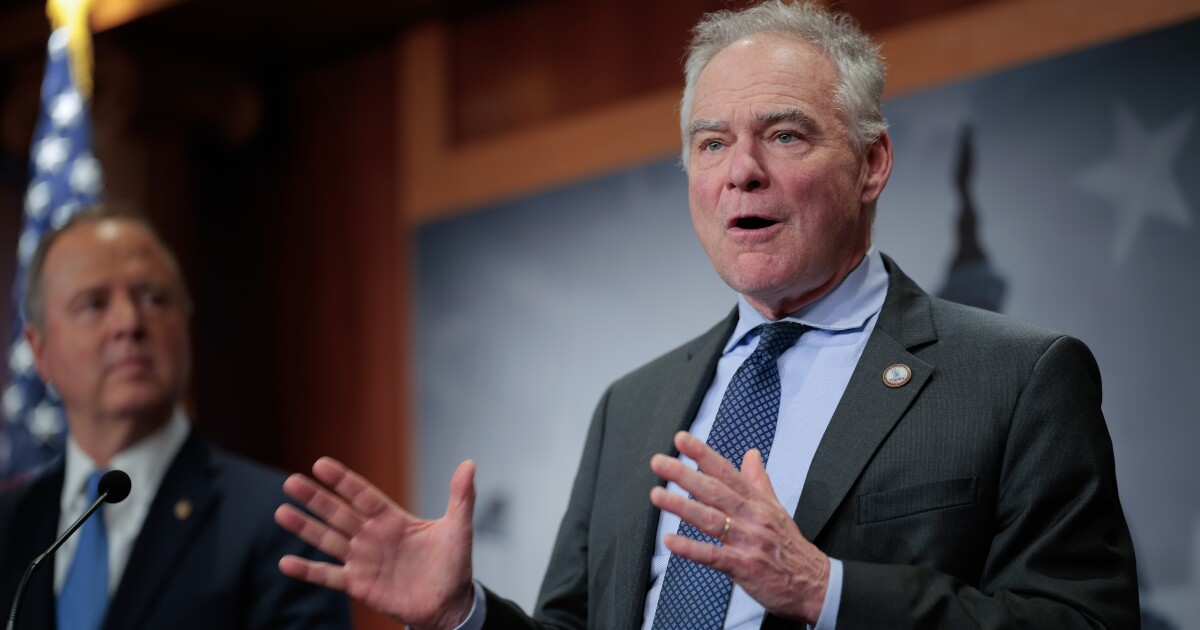In Michigan, new legislative efforts are underway to intensify the penalties for illegal activities involving opium-derived drugs such as heroin and fentanyl. This move, which has cleared the state House of Representatives, could significantly alter the legal landscape for drug offenses.
Stricter Penalties Proposed
Under the current legal framework, opiates and synthetic opioids are treated similarly to cocaine and other highly addictive narcotics. Depending on the quantity involved, possession with intent to deliver can lead to prison terms ranging from 20 years to life, potentially accompanied by fines. The newly passed bills propose increasing these maximum sentences, mandating fines in certain cases, and introducing new mandatory minimum sentences.
Representative Sarah Lightner, a Republican from Springport and co-sponsor of the bills, emphasized the necessity of mandatory minimums to dismantle the operations of drug producers and dealers. “They need to be off the street for a certain amount of time. So anywhere from, you know, five to 15 years is a lot of time that will disrupt the chain, and hopefully we see that impact in our communities,” Lightner remarked.
The bills saw bipartisan support, passing with votes of 66-40 and 65-41 in a chamber where Republicans maintain a six-vote majority. Nonetheless, some Democrats argue that the legislation represents a continuation of the ineffective war on drugs.
Debate Over Effectiveness
Representative John Fitzgerald, a Democrat from Wyoming, expressed concern that harsher sentences won’t tackle the fundamental causes of drug abuse or its societal effects. “The emotion that comes into an issue like this does not mean that we just drop the hammer and leave everyone else in the dust in the wake of what is going on,” Fitzgerald stated.
Fitzgerald and other Democrats advocate for sustained investments in initiatives aimed at mitigating addiction and crime, while enhancing community resources. Representative Amos O’Neal of Saginaw highlighted the success of these programs, comparing their progress to a slow-moving ship. “The evidence that we’ve seen here in Michigan, the rudder and the turn is happening. Right here in Michigan, such as education and skill-building opportunities, substance abuse treatment programs, and objective decision-making, and effective support for reentry. It’s working. Evidence-based programs have safely reduced, here in Michigan, the prison population,” O’Neal noted.
O’Neal also warned that increased penalties could exacerbate existing disparities in incarceration rates among Black and Brown communities. Meanwhile, supporters argue that overdose deaths cut across demographic lines, necessitating stronger measures.
Focus on Traffickers
Representative Ann Bollin, a Republican from Brighton and another co-sponsor, contended that the legislation targets traffickers rather than users. “We must do something to stop the penetration of the fatal drugs throughout our society. The real perpetrators, the dealers, the manufacturers, walk away with money in their pockets and no awareness at all the depth of grief realized by these families and neighbors, the victims’ families,” Bollin stated on the House floor.
Despite this, critics argue that the bills lack sufficient safeguards to protect non-dealers from being unjustly penalized. The proposed legislation now advances to the state Senate for further deliberation.
—
Read More Michigan News

